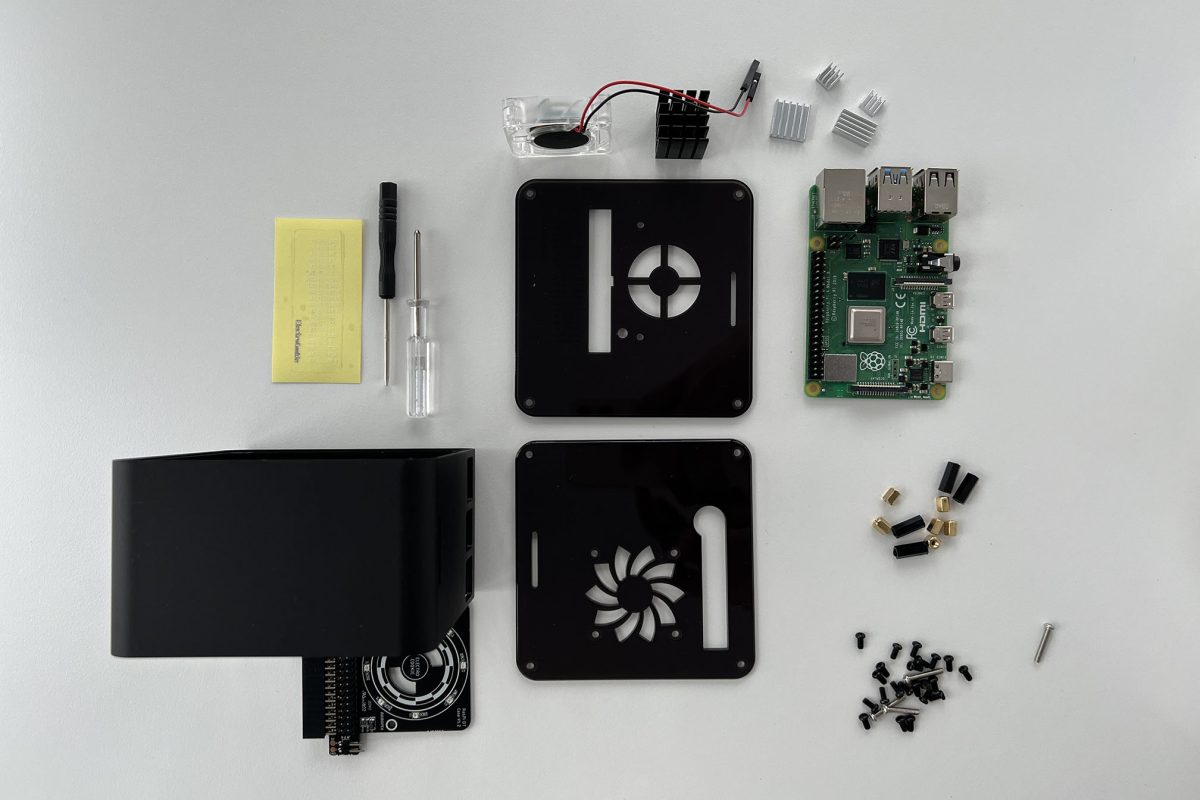Julian Assange, the founder of Wikileaks, has been imprisoned in the UK since April 2019 because former US intelligence analyst Chelsea Manning published government secrets onto Julian’s Wikileaks website. Since then, his wife Stella Moris has been campaigning for his release, advocating for his human rights to be respected and for a fairer legal process.
Stella has been a public face for Julian’s case, speaking out at rallies, in the media, and on social media. She has spoken of the toll that his detention has taken on both of them and highlighted the situation’s injustice. She has also highlighted the physical and mental health issues that Julian faces in prison and the lack of access to the medical care he has received.
Stella has also been vocal about the political motivation behind Julian’s detention. She has argued that the US government is pursuing a vendetta against him for his whistleblowing activities and that he is not receiving a fair trial. She has also called for the UK government to protect Julian’s human rights.
Human rights organizations and campaigners worldwide have praised Stella’s advocacy. Her efforts have helped draw attention to Julian’s plight and pressure the UK government to respect his human rights. Her work has also helped to raise awareness of the importance of protecting whistleblowers and their right to disclose information in the public interest.
Stella and Julian’s story is similar to the Eritrean plight faced by Eritrean activists and dissidents inside of Eritrea and worldwide. As Eritreans, there is a responsibility to organize and ally with those who face similar hardships. Through combined efforts, there is an opportunity to draw attention to the issues faced by all dissidents, providing a greater platform for their voices to be heard. This type of allyship is an invaluable tool as it helps to amplify our voices and further our cause.



